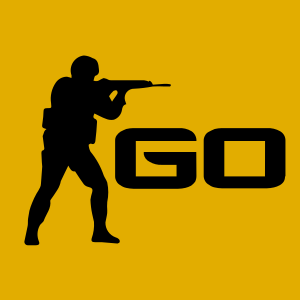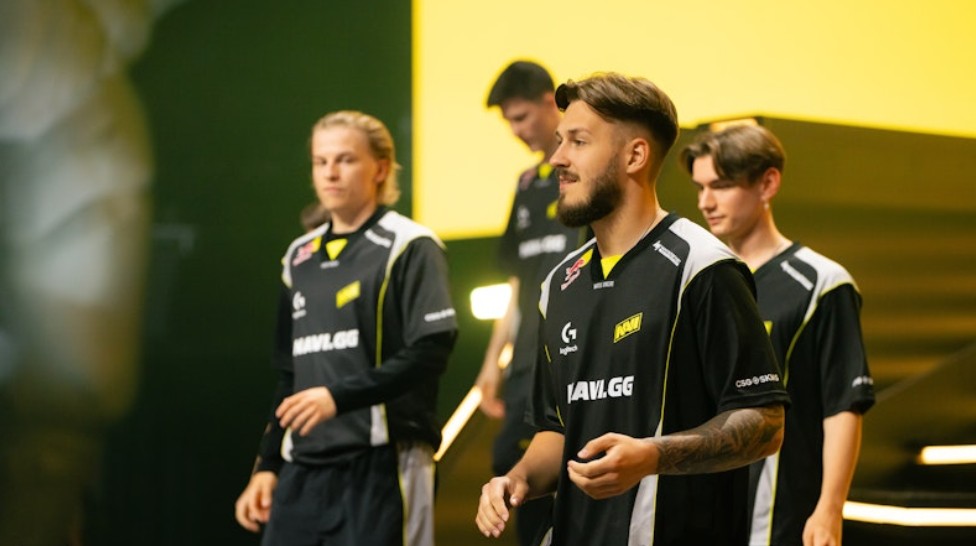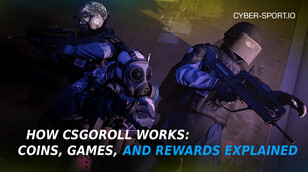The Reasons Behind jL's Break From Competitive Gaming
jL, known for his sharp skills and strategic mind in the world of Counter-Strike: Global Offensive has recently announced his decision to take a break from competitive gaming. In an exclusive interview, the esports athlete elaborated on the limited set of circumstances that would have persuaded him to continue.
This decision underscores not just personal considerations but points towards broader issues within the professional CS:GO community.
Diving Into jL's Concerns
Several factors contribute to jL’s decision for stepping back:
- Team Dynamics: The importance of healthy team relationships and mutual respect cannot be overstated in esports. It seems challenges within his team may have played a role.
- Mental Health: Like many other professional athletes, gamers are also prone to burnout and mental health strains due to rigorous training schedules and pressure to perform.
- Favorable Conditions: The vague yet impactful statement regarding 'favorable conditions' hints at possible dissatisfaction with contracts or organizational support within the competitive scene.
The Impact of jL's Departure on CS:GO Esports
jL’s hiatus comes at a time when the CS:GO community is already navigating through various challenges including team reshuffles and event cancellations due to global circumstances.
His departure raises questions about the sustainability and well-being of players in esports environments that demand constant high performance under intense scrutiny.
A Shift in Team Strategies?
Tactics and team compositions are highly dependent on individual players’ skills and contributions. With jL stepping back, teams may need to reassess their strategies moving forward. This could lead to interesting shifts in upcoming tournaments as teams adapt without one of their key players.
The Future for jL and Competitive CS:GO
While it remains uncertain when or if jL will return to competitive gaming, his departure serves as a crucial reminder for organizations within esports to prioritize player welfare alongside performance metrics.
As the community speculates about future comebacks and potential shifts in player dynamics across teams, one thing is clear esports athletes require more robust support systems both inside and outside their gaming arenas.
An Ongoing Conversation About Player Welfare
This incident shines a light on broader discussions regarding mental health support, contractual fairness, and overall athlete well-being within esports an industry only set to grow further. Moving forward, it will be imperative for stakeholders at all levels from game developers to tournament organizers, to take these concerns seriously.
CS2 Gambling
CS2 Skin Trading
Rust Gambling
Promo Codes
Online Casinos
Crypto Casinos
CyberSport Feed








![How to Deposit Money or Skins into CSGORoll ([year]) How to Deposit Money or Skins into CSGORoll ([year])](/imgs/news_8218/20250602/cache/1748864443_a25e3ae72a35709014f6___308_174.jpg)

![Complete List of CS2 Viewmodel Commands – Optimize Your Setup in [year] Complete List of CS2 Viewmodel Commands – Optimize Your Setup in [year]](/imgs/news_8166/20250317/cache/1742228858_01423ecd06a0b619da09___308_174.jpg)
